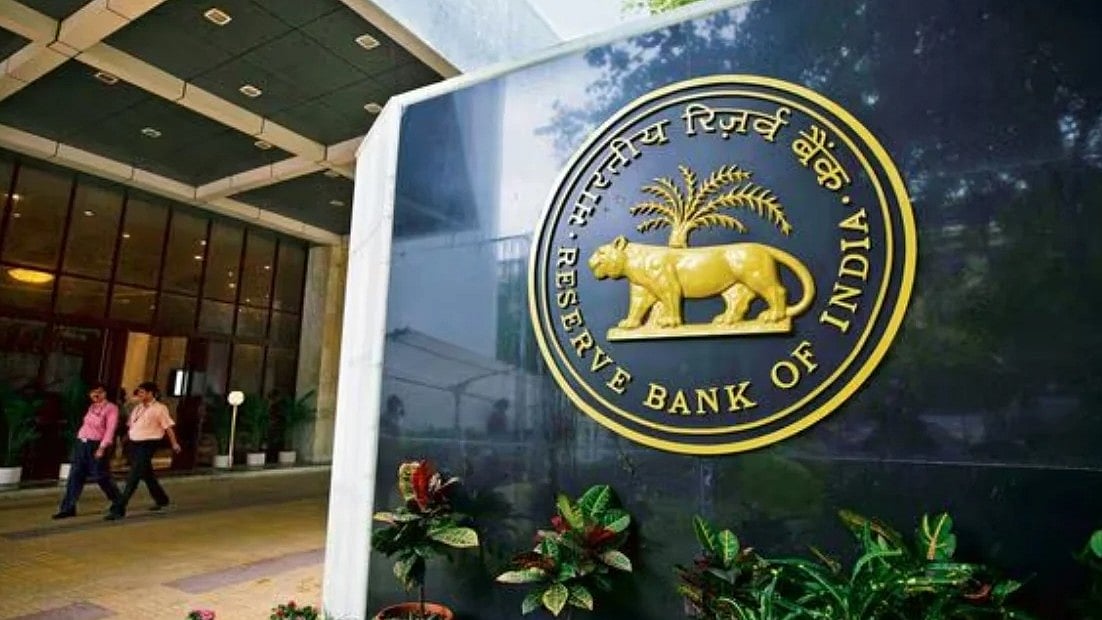Smartphones and mobile applications have redefined the way we work and interact with each other. Whether it’s for ordering food, booking a professional for home cleaning services, purchasing a product from an e-commerce website, or hailing a cab, mobile apps are now the most preferred way to avail all kinds of services.
Similarly, people have started relying on mobility-based apps for transportation and commuting because they are more convenient, cost-effective, and sustainable than traditional means of transportation.
In addition, mobility solutions have now become even more accessible to both businesses and the general public, thanks to the introduction of mobility-as-a-service (MaaS). With the rapid increase in urbanization and the demand for sustainable, on-demand services, MaaS companies are making a huge impact on the way we work and travel. In fact, the MaaS services market is expected to grow from $3.3 billion in 2020 to $40.1 billion by 2030!
But what is MaaS, and why are governments and businesses adopting it?
What is Mobility-as-a-Service (MaaS)?
Mobility-as-a-Service (MaaS) is a mobility-based service that involves the integration of various modes of transportation, such as public transportation, ride-sharing, car-sharing, and bike-sharing. MaaS enables users to book and pay for their services through a single platform.
MaaS is not just limited to transportation. It also includes parking, car maintenance, and insurance. MaaS's primary goal is to provide seamless and affordable transportation options for individuals, communities, and businesses.
Some of the common applications of MaaS services include:
On-demand commuting services
Enabling last-mile delivery services for food and retail industries
Managing corporate travel trips and expenses
Enabling easy and cost-effective transportation options for event attendees
Enabling transportation within educational institutions
How Mobility Management solutions are driving MaaS adoption among businesses
One of the key advantages MaaS solutions have over the traditional ‘private vehicle ownership’ transportation option is the intuitive, seamless user experience it offers for travel and daily commute.
But how do businesses safely implement the intended MaaS user experience, and ensure end-users do not fall prey to cybersecurity threats? This is where mobility management solutions come into play.
Mobility management services play a crucial role in helping MaaS providers offer a seamless and secure user experience to their customers. They also provide MaaS providers with the platform to personalize their offerings and cater to a specific target audience, while also enabling them to implement services like booking, payment, and real-time tracking options.
Here are three innovative mobility management solutions that are driving the MaaS revolution:
End-to-end device management solution - Since the primary point of interaction of MaaS services is mobile devices, it’s important for businesses to ensure that user experience isn’t hampered by security threats and connectivity issues. By leveraging unified endpoint management (UEM) solutions, businesses can be in complete control of their device and application ecosystem.
Incident communication solution - When Mobility and MaaS solutions experience outages or service disruptions, millions of end users' daily lives can come to a halt. Businesses can use an Incident Communication Solution to proactively communicate downtimes, service disruptions, and scheduled maintenance to internal stakeholders and end users, avoiding a spike in support tickets and minimizing customer dissatisfaction.
Private device farm - Before an application is published on user app stores, application developers will need to first test their applications out on different types of devices and operating systems. By using private virtual device farms, businesses can substantially save on costs related to device procurement and shipping, and application developers can scale their testing environment by adding more virtual devices to their testing pool.
New technologies tend to attract their fair share of data security and compliance risks. By partnering with Mobility Management experts, MaaS providers can gain access to tools that add multiple layers of security, streamline their user experience, and substantially save on operational costs.
- Tom Burke, Vice President of Marketing, 42Gears
Together, Mobility Management and MaaS are shaping the future of transportation
Mobility management solutions help MaaS providers develop innovative and efficient mobility solutions that cater to the evolving needs of customers. As MaaS continues to gain traction, innovative mobility management solutions will continue to play a key role in securing and sustaining future transportation modes.










